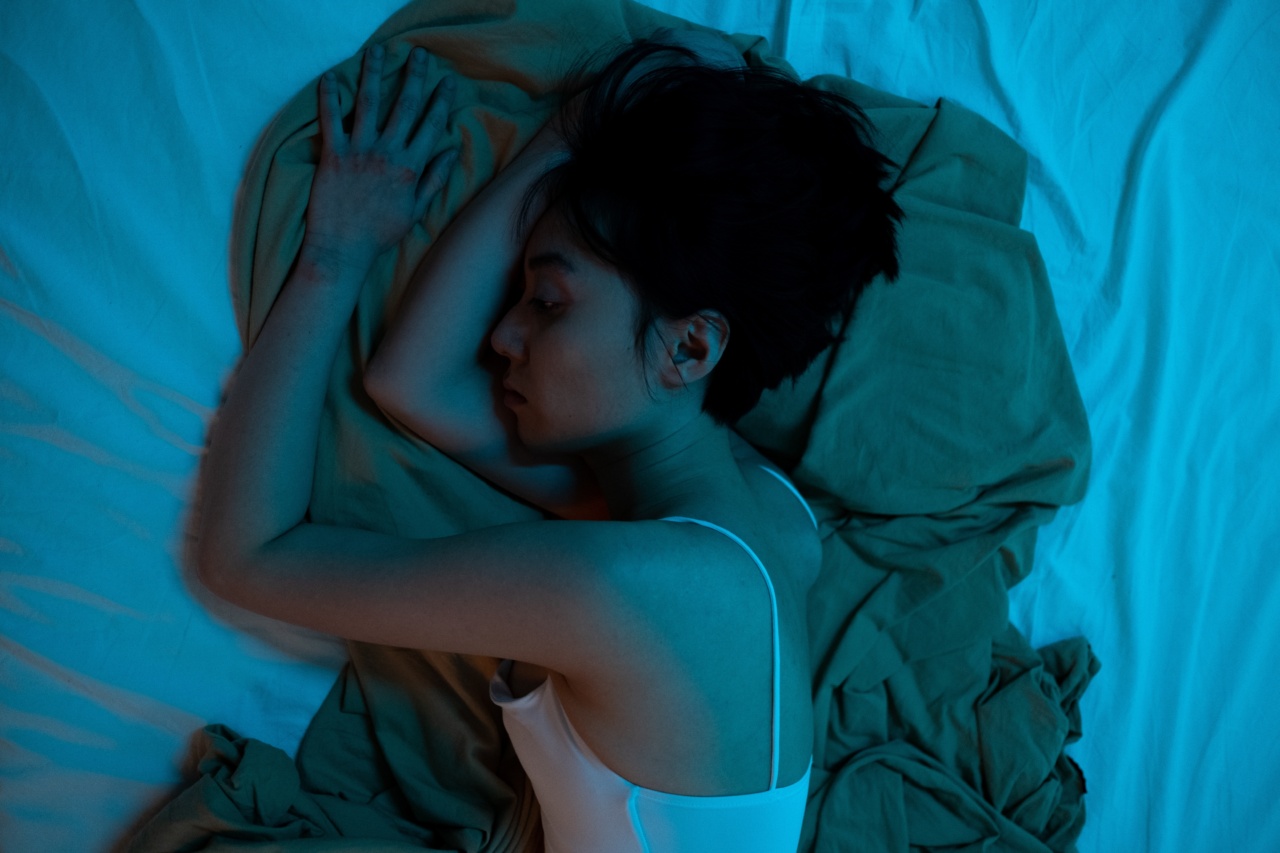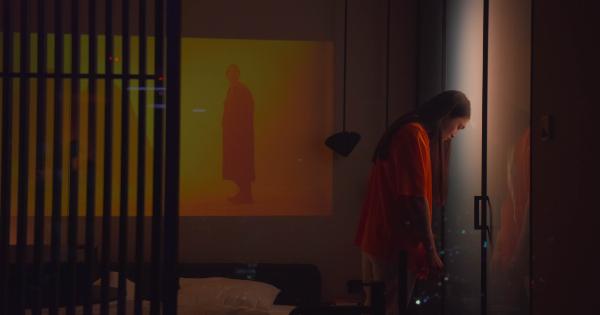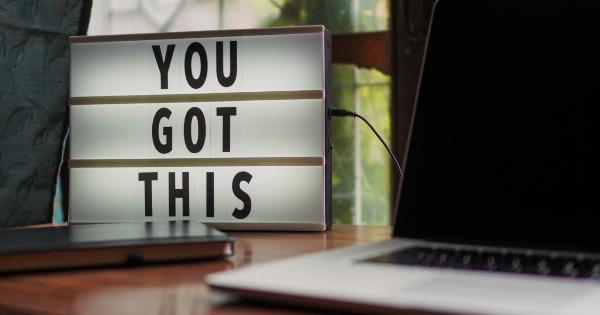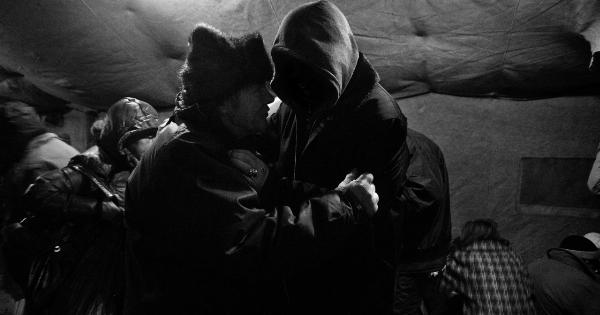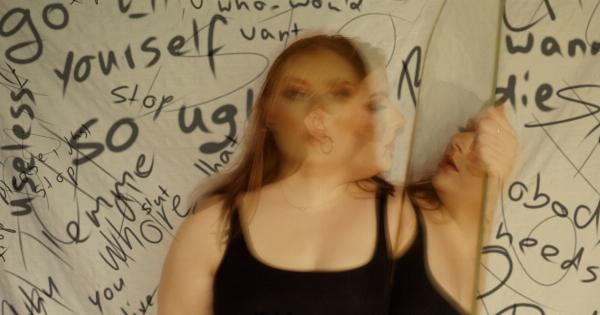Insomnia and depression are two of the most common health problems people face all over the world. While they are two distinct conditions, research has shown that there is a strong link between them.
People who suffer from insomnia are more likely to develop depression, and those with depression are more likely to suffer from insomnia. This article will explore the link between insomnia and depression, including the causes, symptoms, and treatment options available for both conditions.
Causes of Insomnia and Depression
Insomnia can result from a variety of causes, ranging from psychological, physical, to environmental factors.
People who suffer from chronic pain, medical conditions like cancer, neurological disorders, or side effects of medication can experience insomnia. However, psychological factors such as stress, anxiety, and depression can also trigger insomnia.
Depression, on the other hand, is a mood disorder that affects the way a person feels, thinks, and behaves. It can be caused by various factors such as genetics, hormonal imbalances, medical conditions, substance abuse, and environmental stressors.
Research has shown that people with a family history of depression are at higher risk of developing depression than those who do not have a family history.
Symptoms of Insomnia and Depression
The symptoms of insomnia include difficulty falling asleep or staying asleep, waking up too early, and feeling tired and irritable during the day.
Chronic insomnia can cause fatigue, poor concentration, memory problems, and impaired performance at work or school.
Depression is characterized by persistent sad feelings, loss of interest or pleasure in activities, changes in appetite and sleep patterns, decreased energy, and feelings of worthlessness or guilt.
People with depression often experience difficulty in concentration, memory problems, and decision-making abilities.
The Link Between Insomnia and Depression
Research has shown that there is a strong link between insomnia and depression. Studies have revealed that people suffering from insomnia are at higher risk of developing depression than those who do not have insomnia.
Similarly, people with depression are more likely to suffer from insomnia. The incidence of depression is about five times higher in those with insomnia than in those without. The exact nature of the relationship between insomnia and depression is not yet clear.
However, it is believed that insomnia can trigger and worsen depression, and depression can cause and exacerbate insomnia.
One way insomnia can impact depression is by interrupting the circadian rhythms in the brain. Circadian rhythms are the internal biological clock that regulates various physiological processes, including the sleep/wake cycle.
Disruptions to the circadian rhythms can cause imbalances in the neurotransmitters like serotonin, dopamine, and norepinephrine, which can lead to depression.
Another way insomnia can affect depression is through hyperarousal, where a person has an increased level of wakefulness and alertness, even when trying to sleep.
This hyperarousal can cause anxiety, irritability, and depressive symptoms, which can exacerbate insomnia.
Treatments for Insomnia and Depression
Treatment options for insomnia and depression overlap in some ways, but the treatment plan will usually depend on the specific symptoms, severity, and underlying causes of each condition.
For insomnia, lifestyle changes are often the first line of treatment.
These may include establishing a regular sleep schedule, avoiding caffeine and stimulants before bedtime, avoiding screen time before sleep, and creating a relaxing sleep environment. For chronic insomnia, various medications may be prescribed, including sedatives, hypnotics, and antihistamines.
For depression, psychotherapy, medication, or a combination of both is usually recommended.
Cognitive-behavioral therapy (CBT) has been shown to be effective in treating depression and insomnia by addressing the underlying negative thoughts and behaviors that can lead to the condition. Various types of antidepressants and mood-stabilizing drugs may also be prescribed.
Conclusion
Insomnia and depression are two of the most common health problems that people face worldwide. While they are two separate conditions, research has shown that there is a strong link between them.
People with insomnia are at a higher risk of developing depression, and people with depression are more likely to suffer from insomnia. The relationship between these two conditions is characterized by a vicious cycle, where each one can cause and exacerbate the other. However, numerous treatment options are available for both conditions, so seeking help is always encouraged.
